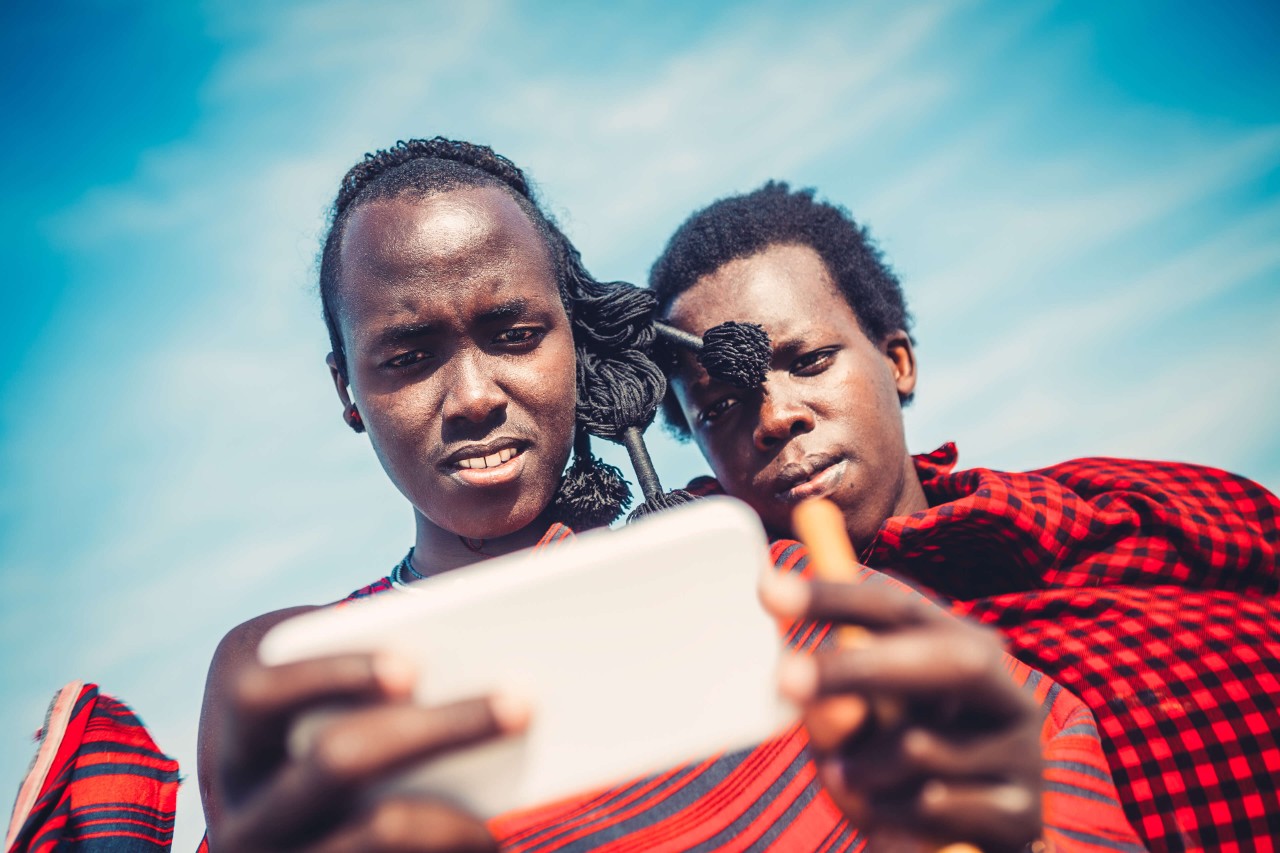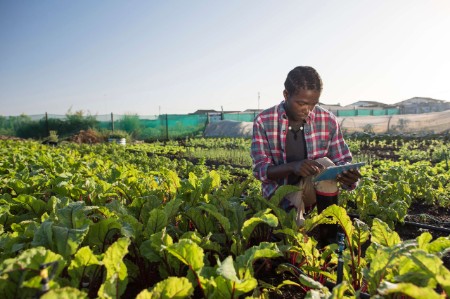
4. What are some of the milestones you’ve achieved in your first year? And looking forward, what are you excited about?
We established our hub in the heart of Nairobi. The hub provides facilities for start-ups to grow and expand, and to promote collaboration between and within start-ups. We released a blockchain opportunity feasibility study. We have begun engaging with regulators and government ministers to advocate for the adoption of blockchain technology in Kenya’s ICT policy. Our digital skills training partnership, which includes a blockchain program, is in operation. In August 2016, we incubated our first start-up, a social lending platform called Pesazetu, which means “our money.”
Looking forward, I’m excited about any idea that has a peer-to-peer business model. It could be peer-to-peer lending or peer-to-peer energy exchanges, for example.
5. It’s been suggested that blockchain may be able to help solve long-standing problems in Africa, such as identity management and land titling. Are these areas in which you are interested?
I view these as challenges we will begin to solve perhaps five years from now, but they are not the immediate target of our efforts. But when we solve these, we solve huge problems that have plagued many African countries. But to solve these problems, we will need governments and the private sector to work together, which will take time.
6. What do you see as the biggest challenge to adopting blockchain technology in Kenya?
The challenge is primarily around knowledge and information. We produced a report called The Blockchain Opportunity that details how blockchain shows great potential in creating efficiency and disrupting traditional mechanisms for international trade, resource management and governance where current transaction costs are high due to existing bottlenecks such as poor infrastructure, corruption and mismanagement. There are so many opportunities to streamline the current intermediation of services through blockchain technology. Once entrepreneurs can appreciate the opportunities, we can single out start-ups that could use this technology to streamline their businesses and gain commercial traction.
7. Are you optimistic about the future?
I am very optimistic. The ICT sector is growing exponentially in Kenya. We have a young and vibrant population with great ideas. We also have a lot of people coming from the United States and elsewhere to set up businesses here. So, we have a good mix of ideas and entrepreneurship. Kenya will go from nearly 6% connectivity to power the internet to 70% connectivity over the next decade. That is a tremendous leap, benefiting people in many ways, giving them access to services that were not available in the past. Blockchain technology has the potential to provide even more access to essential services for people living in the most remote areas.
The potential of blockchain for Africa
Blockchain shows the potential to enhance transparency and reduce long-standing inefficiencies and costs within multiple sectors of sub-Saharan African economies. From enabling micropayment systems to digital identity management to smart contracts, blockchain-based solutions can leapfrog traditional or nonexistent technology infrastructures in African nations and drive a new era of more inclusive growth. Investors and companies that operate in rapid-growth markets should keep a close eye on these exciting new iterations of homegrown innovation.
Generated by EYQ, an EY think tank that explores leading and emerging trends, focusing on “what’s after what’s next?”
Resumen
Homegrown innovators in frontier markets such as Kenya are embracing blockchain to improve payments, governance, agritech and more.


